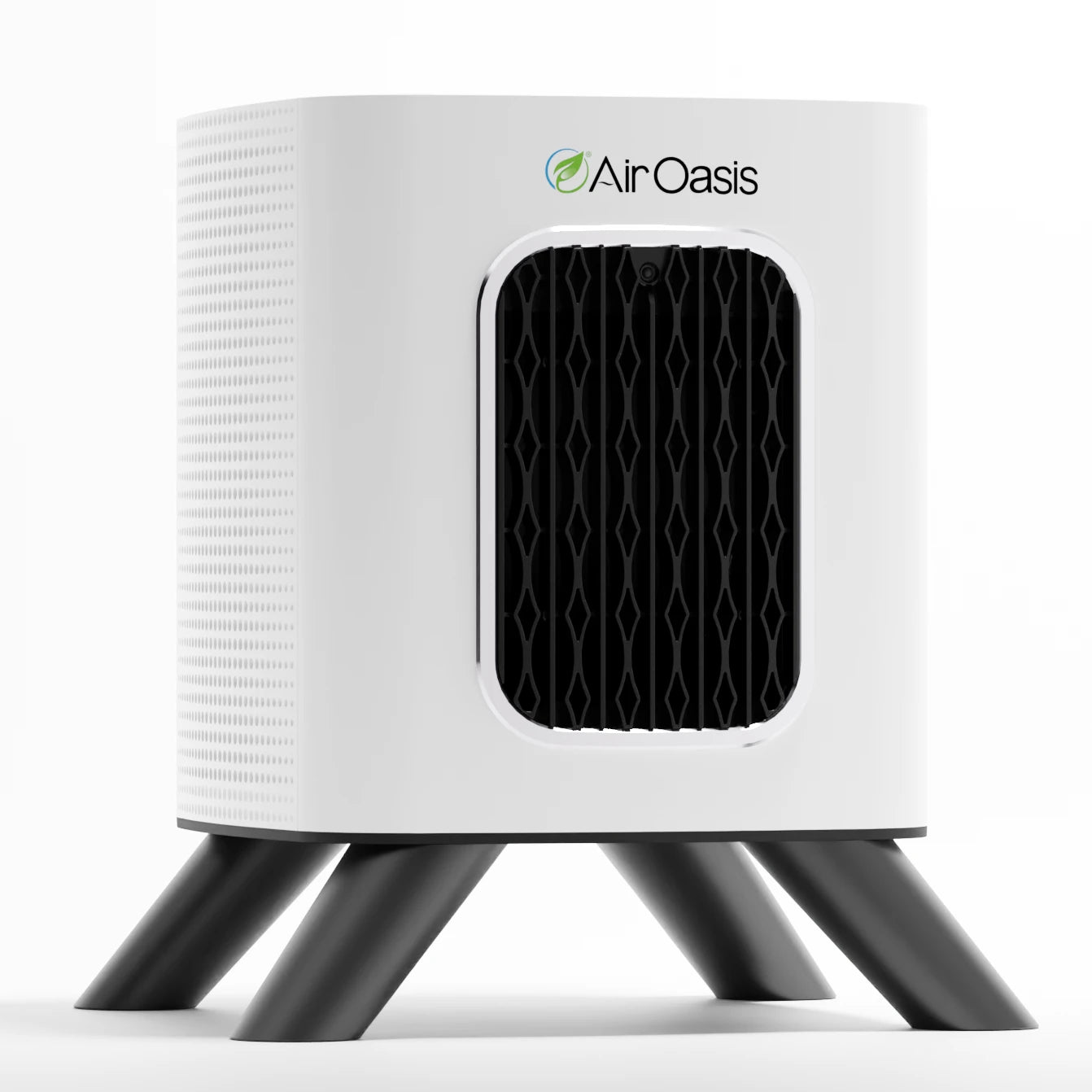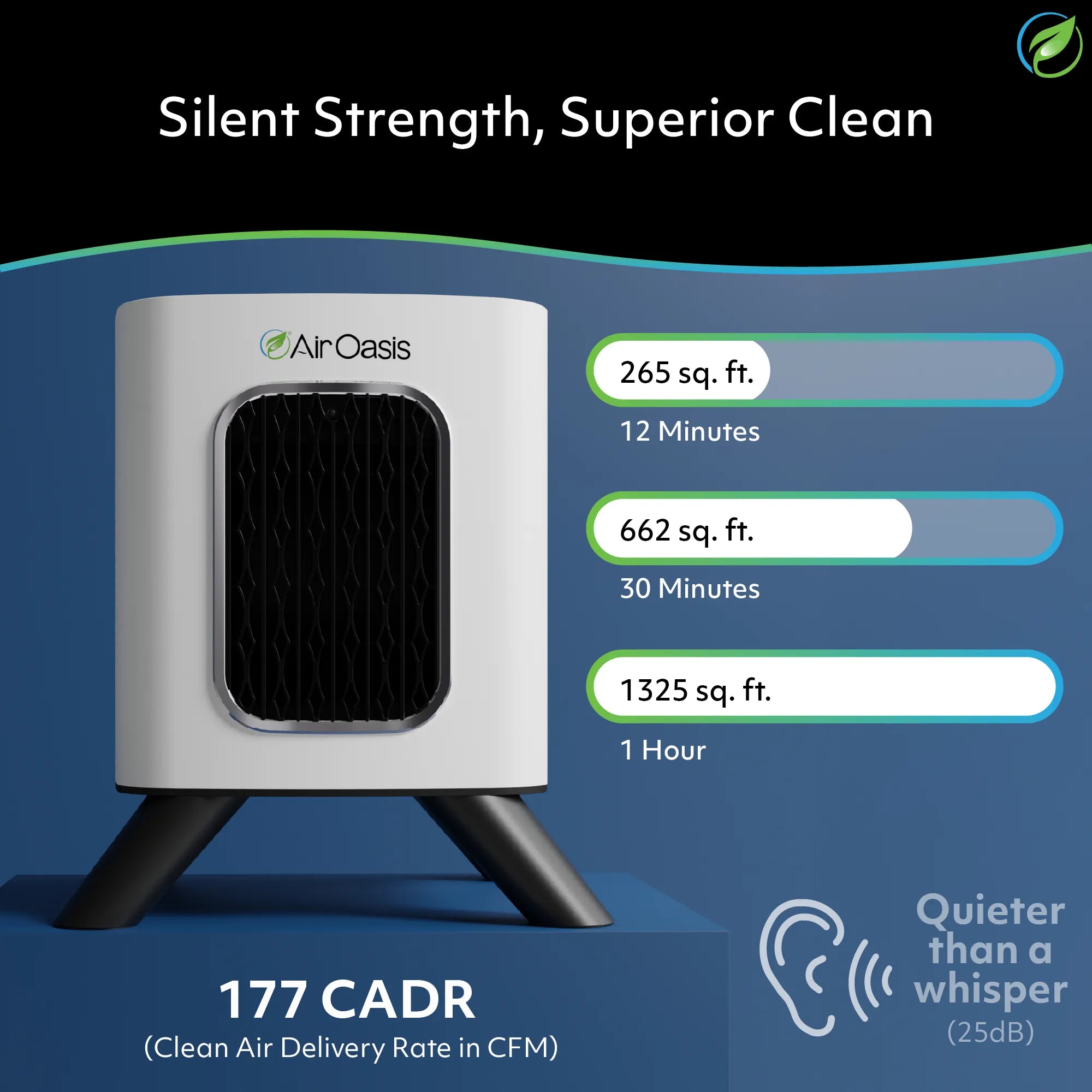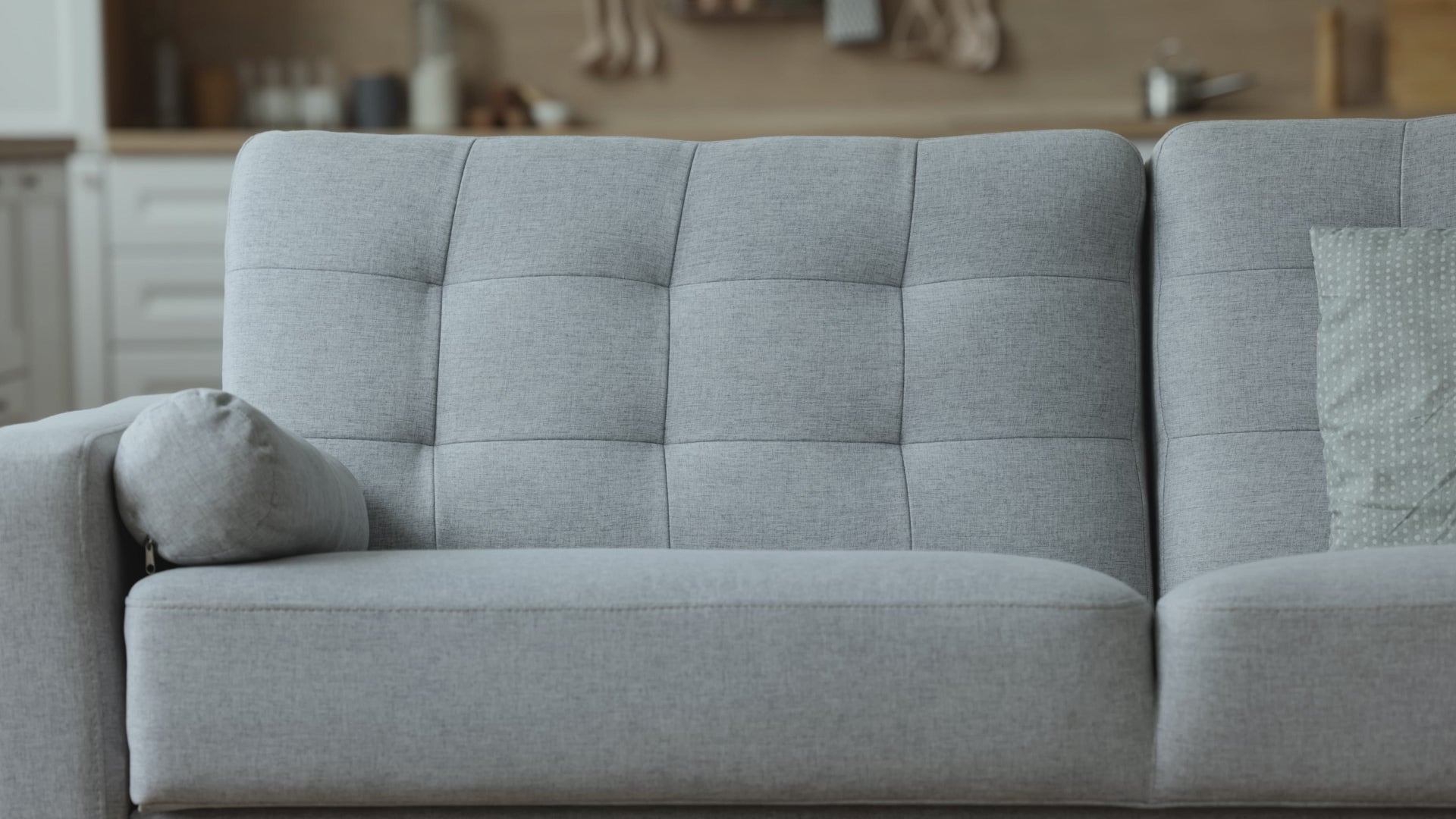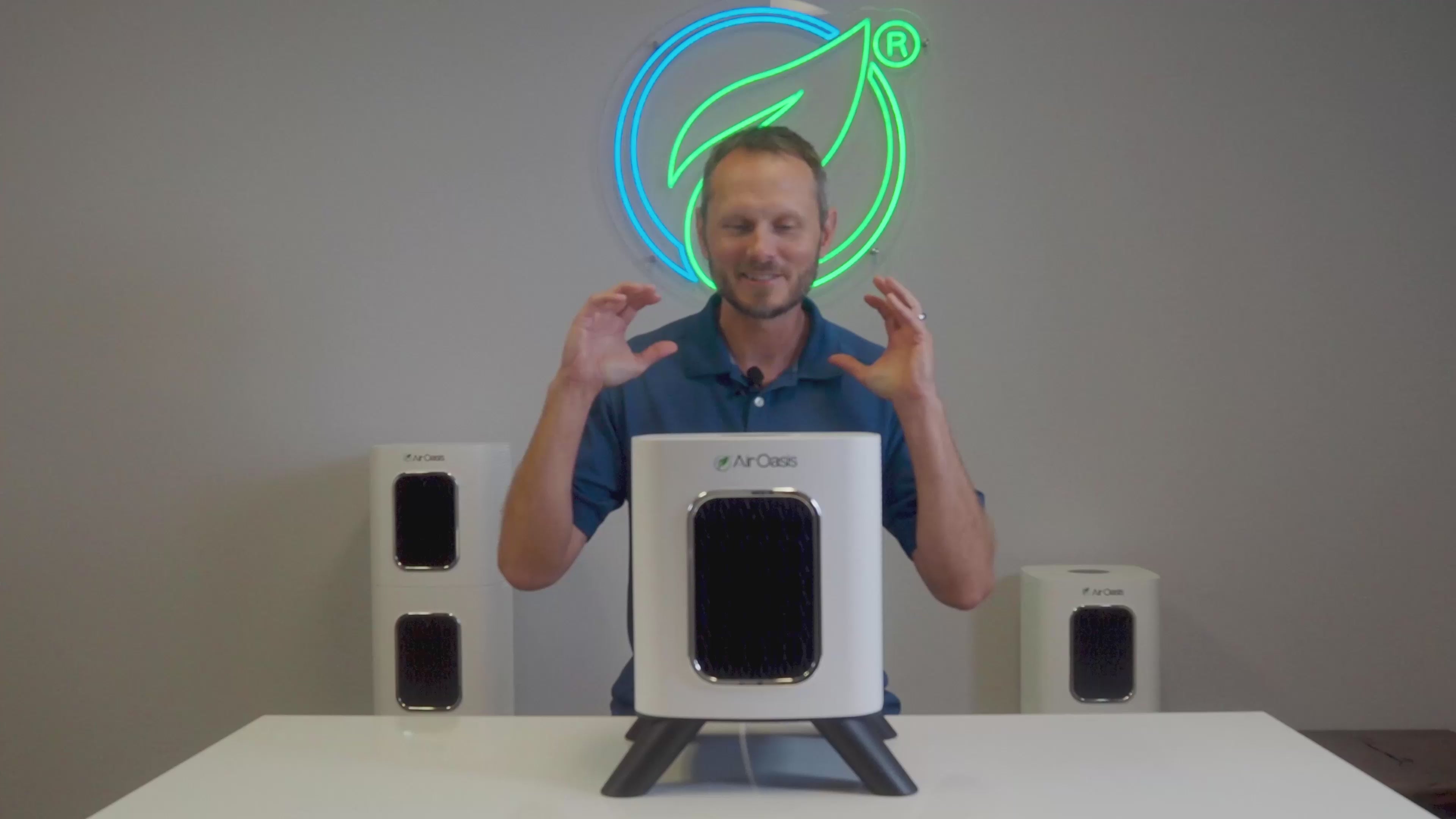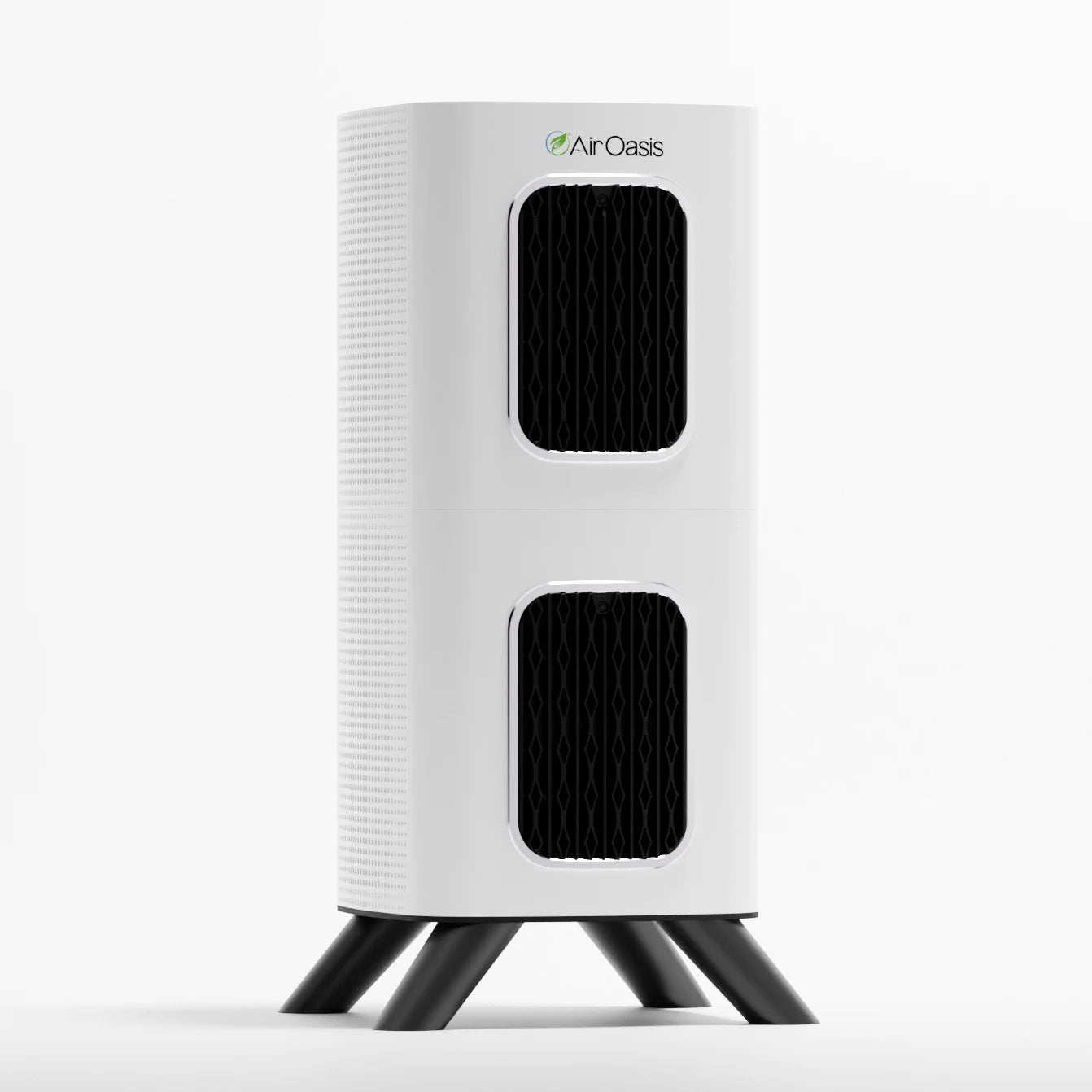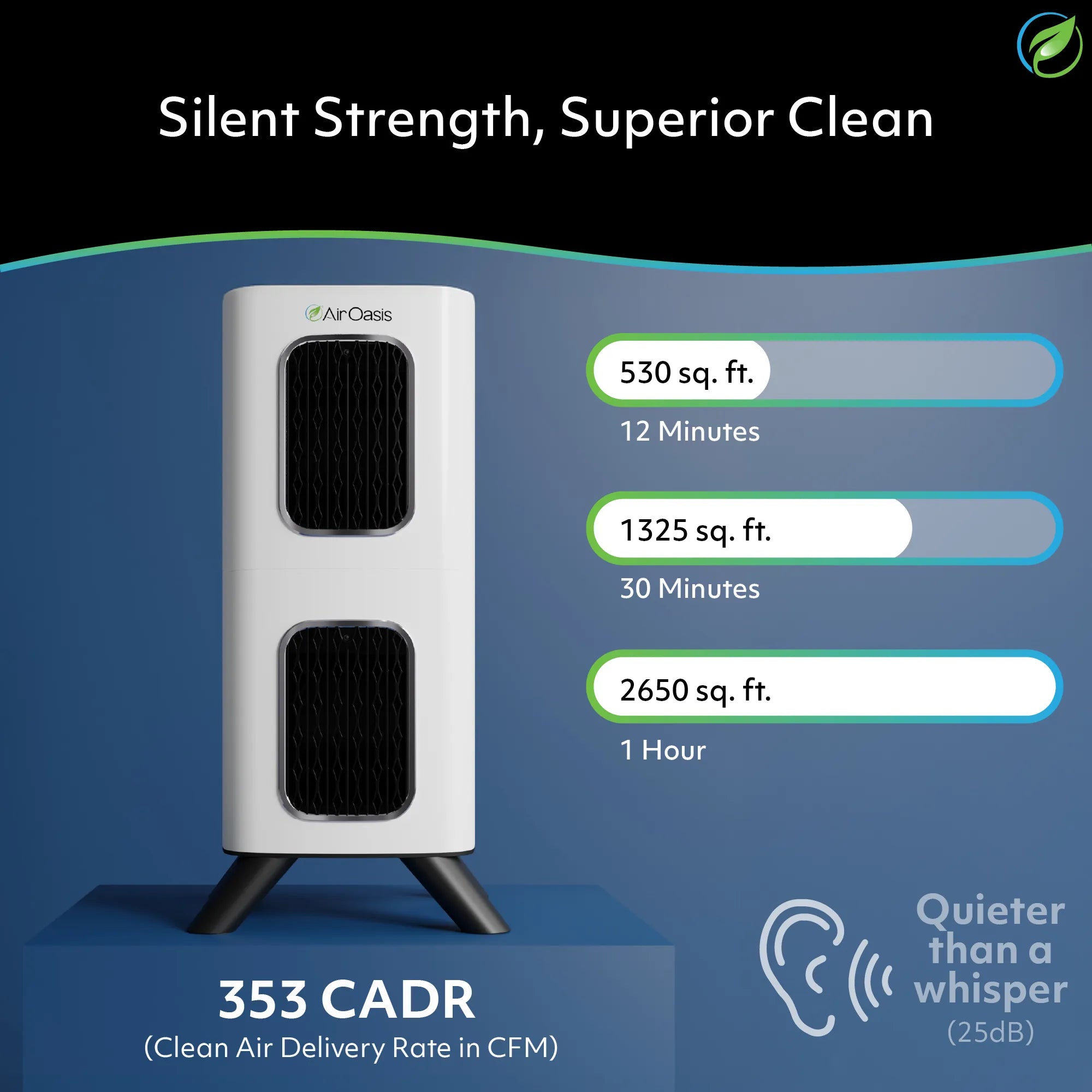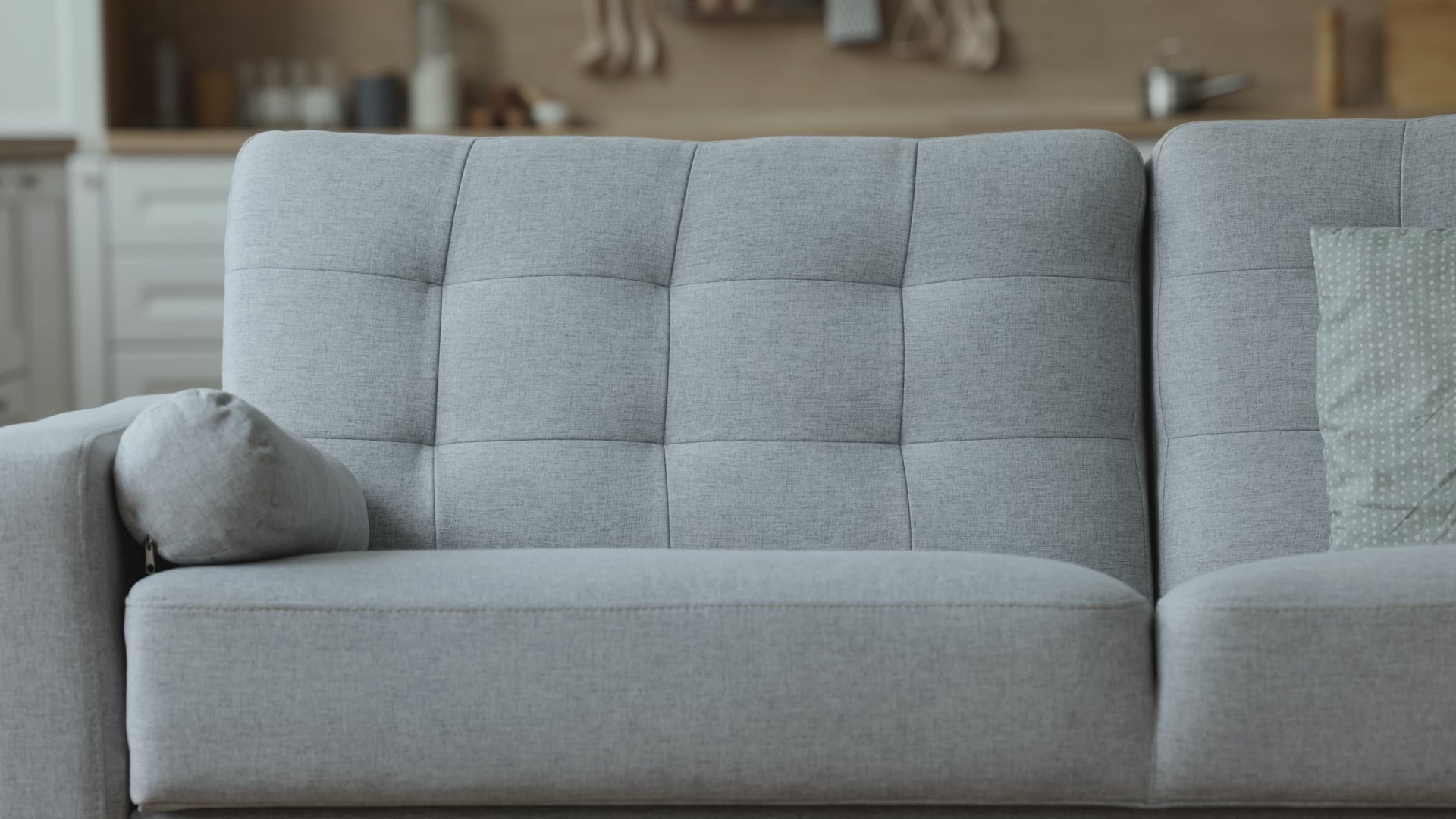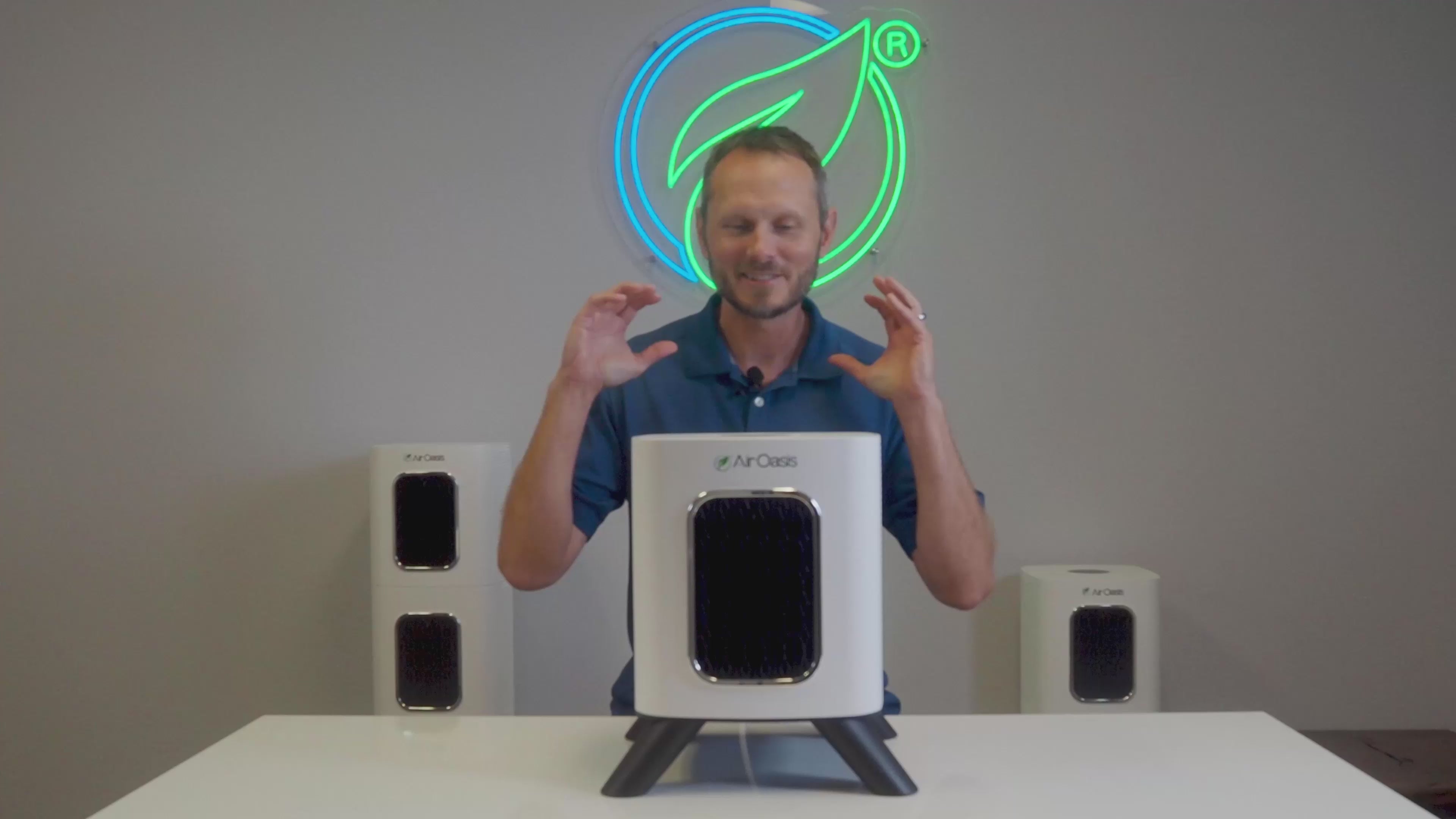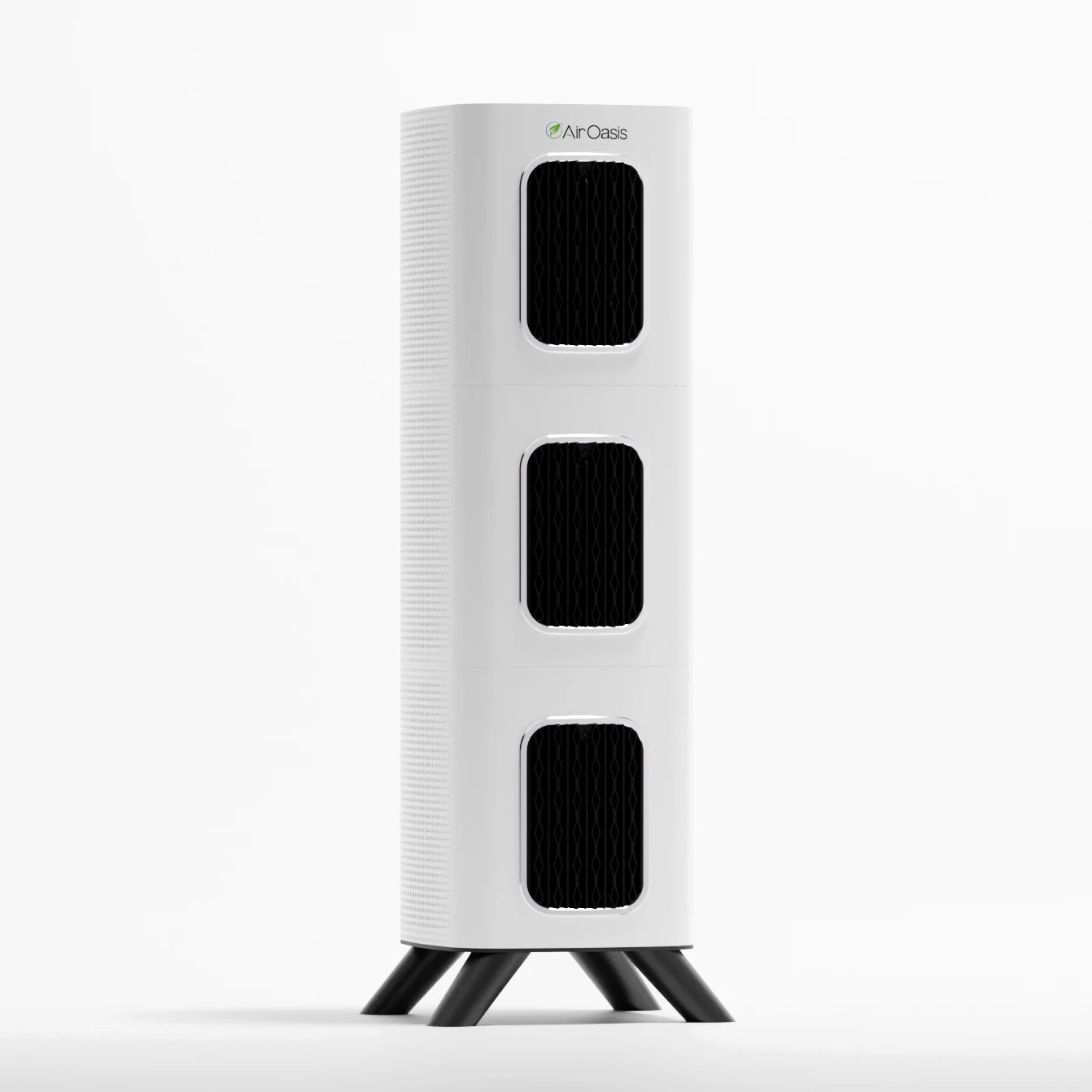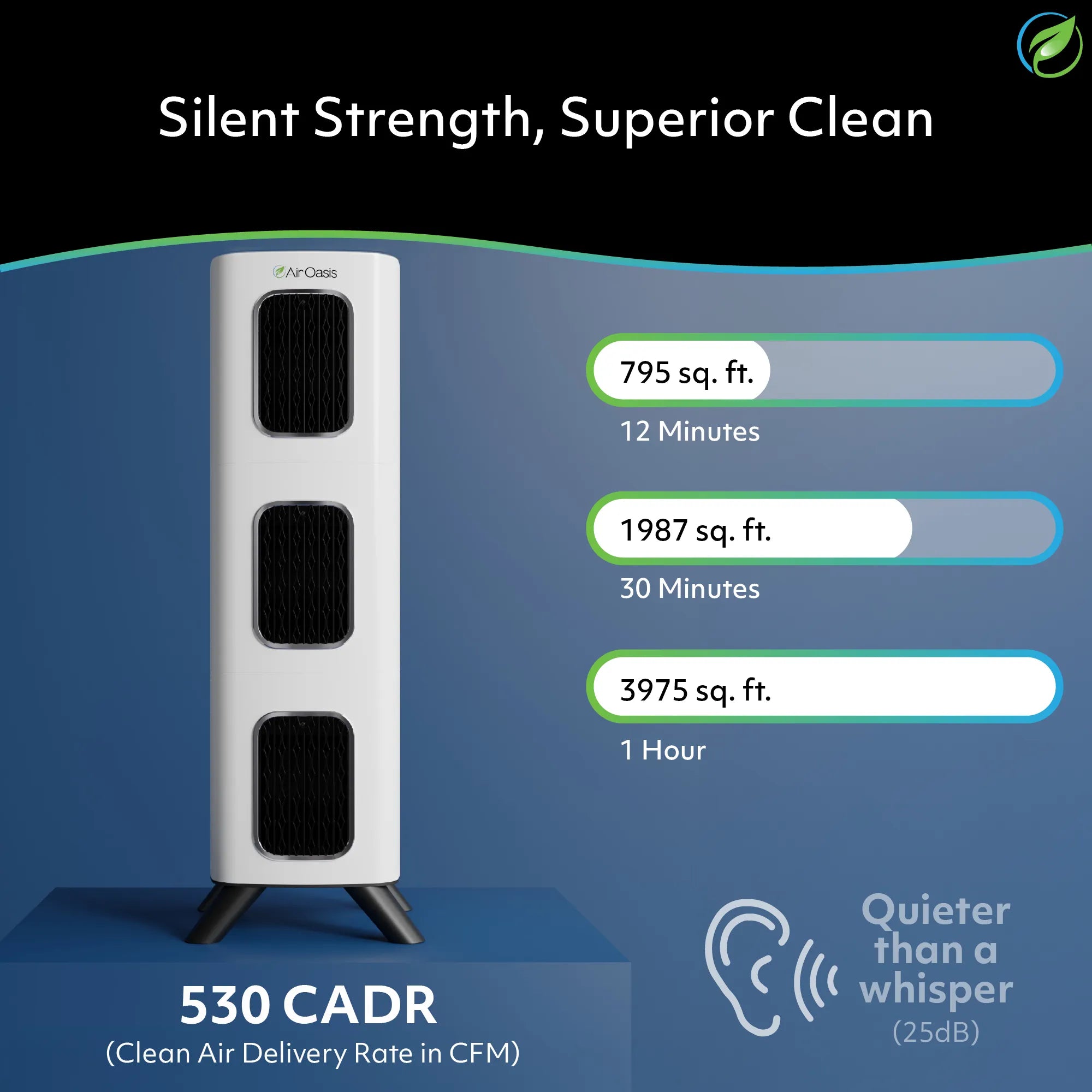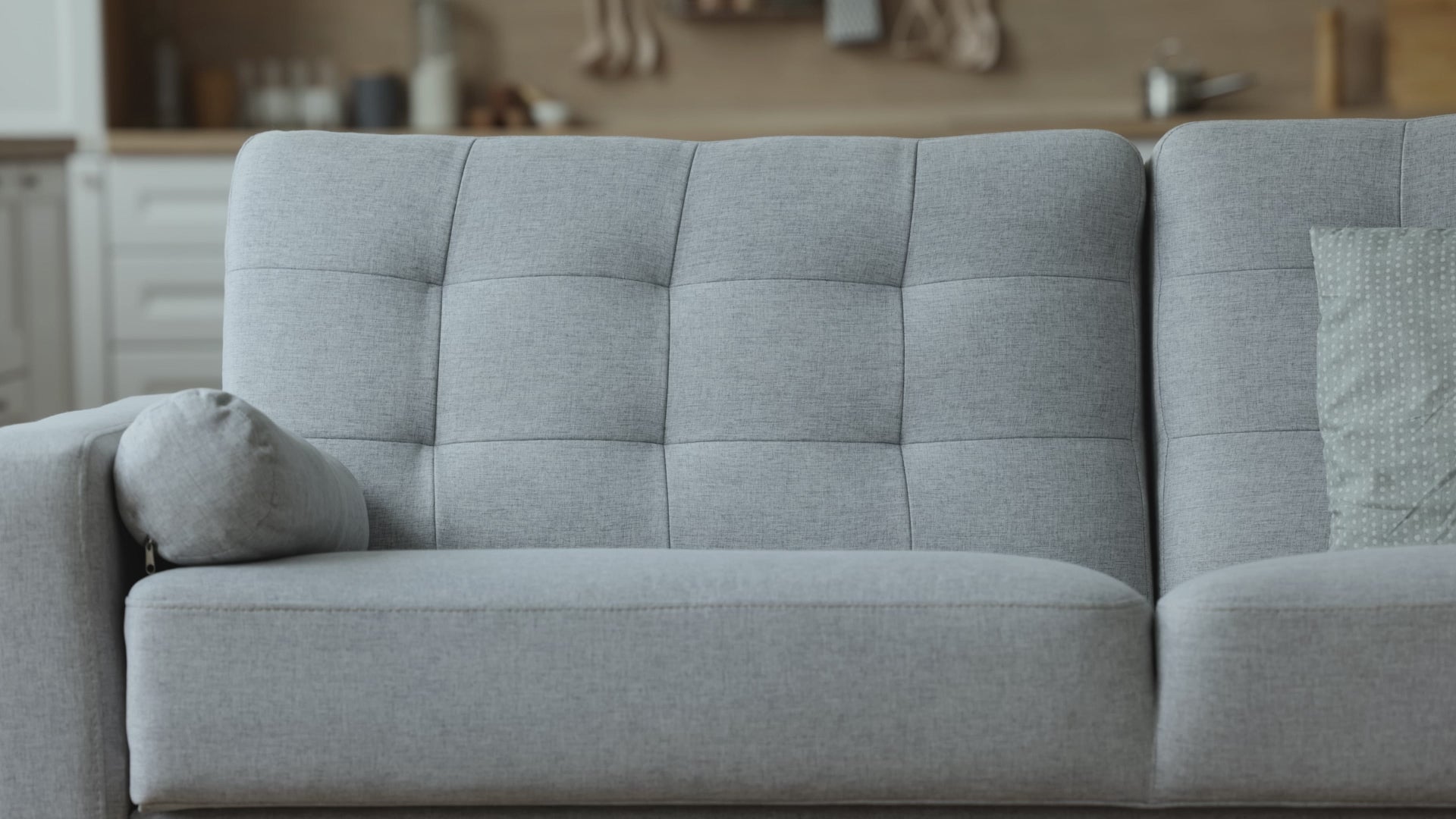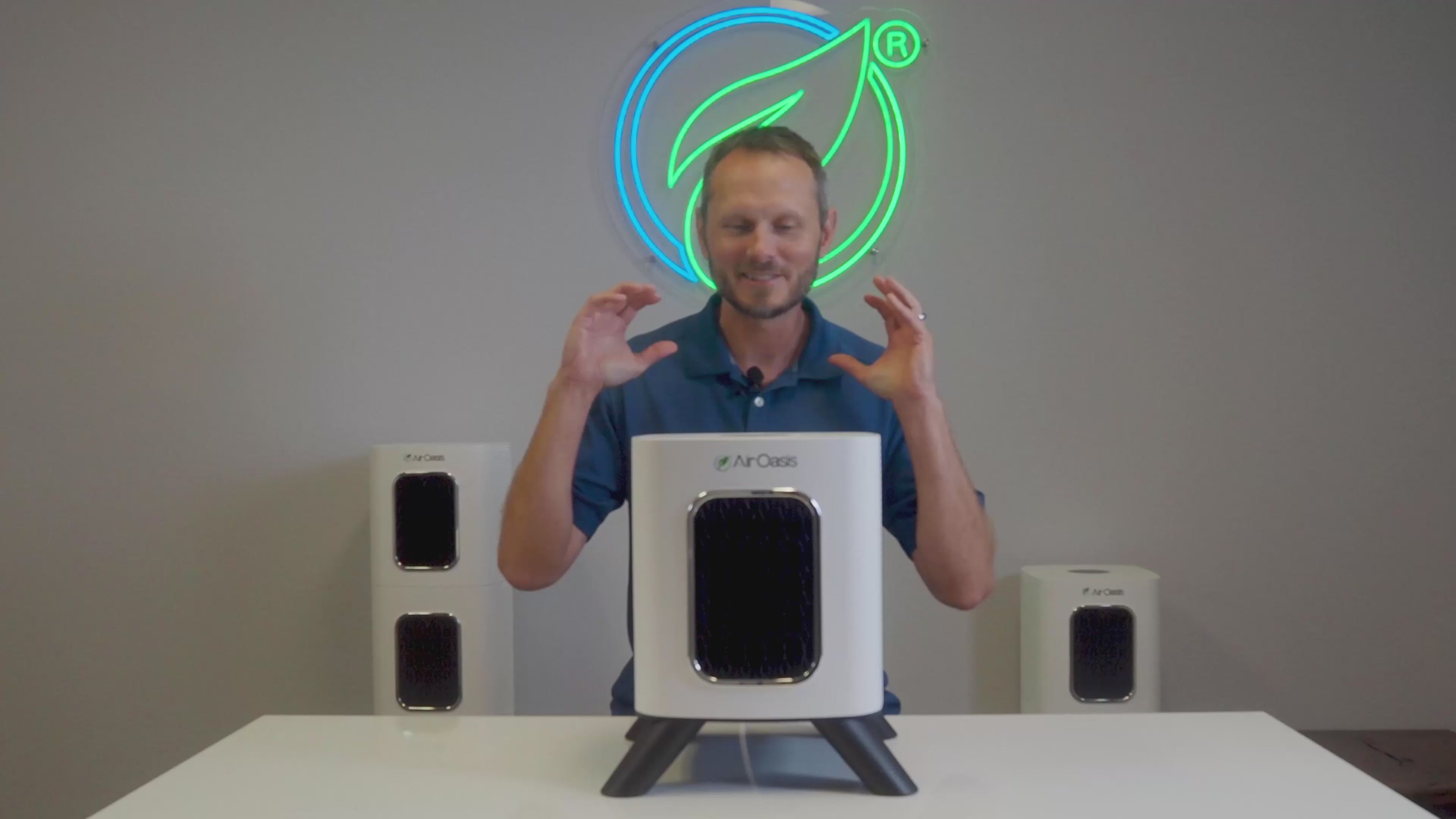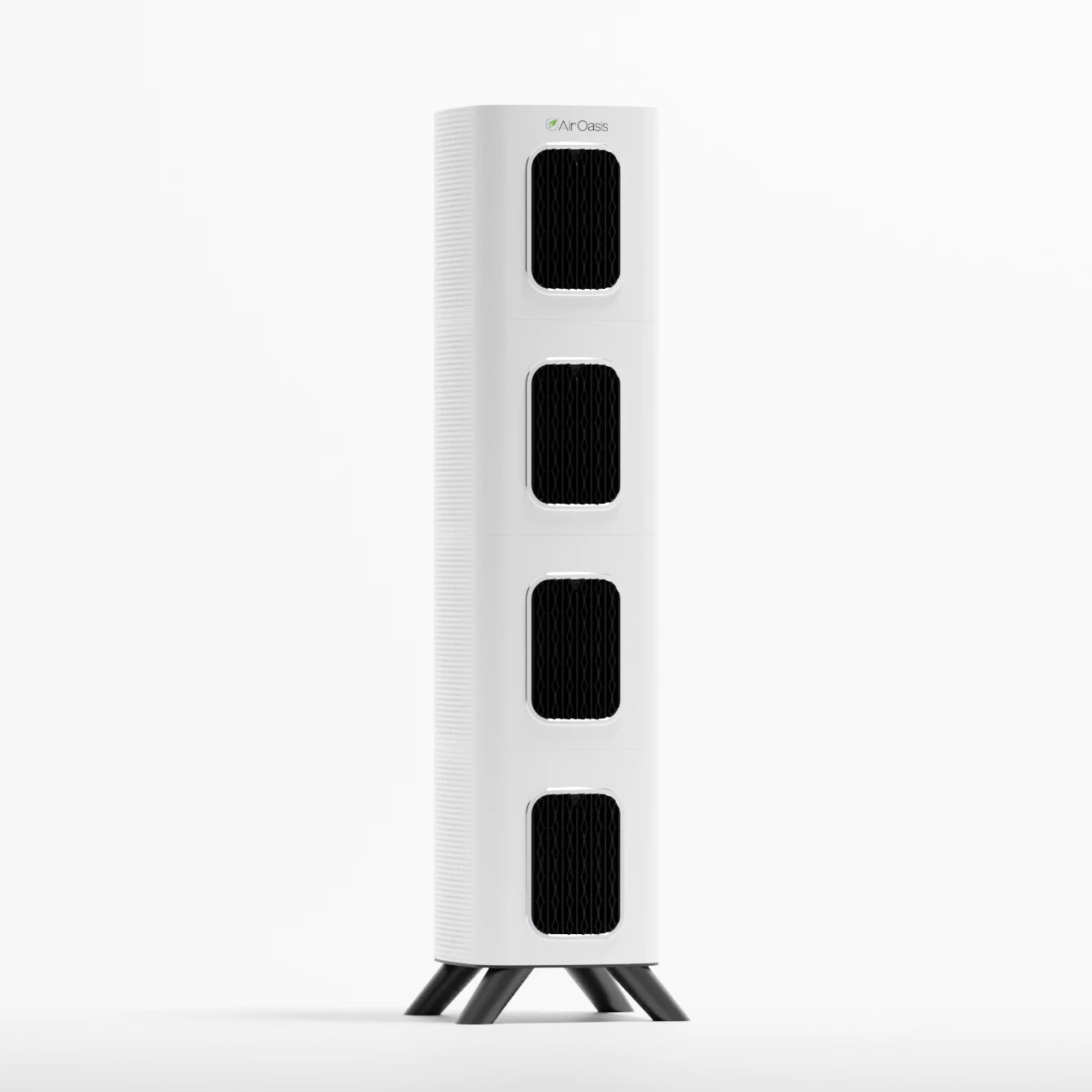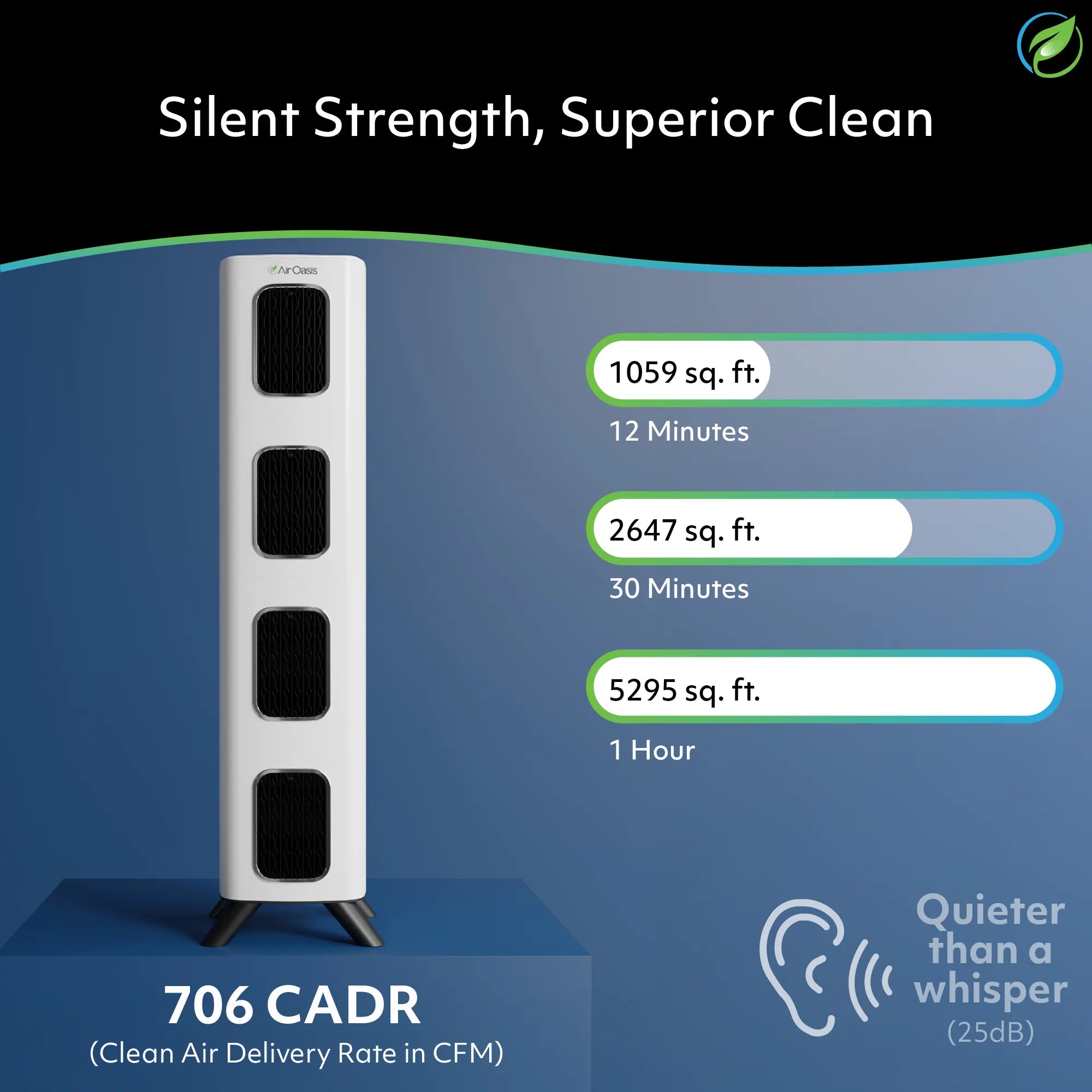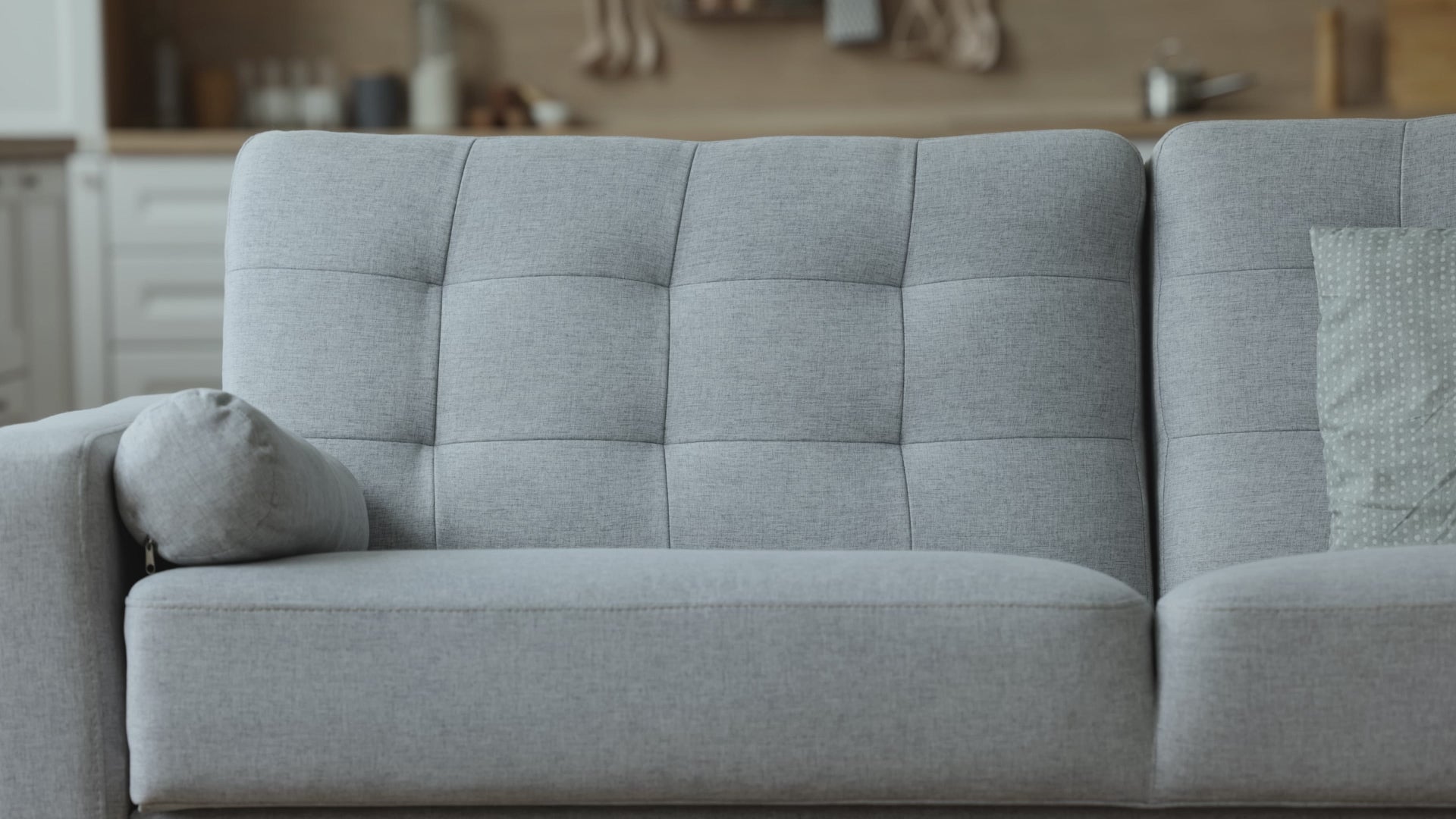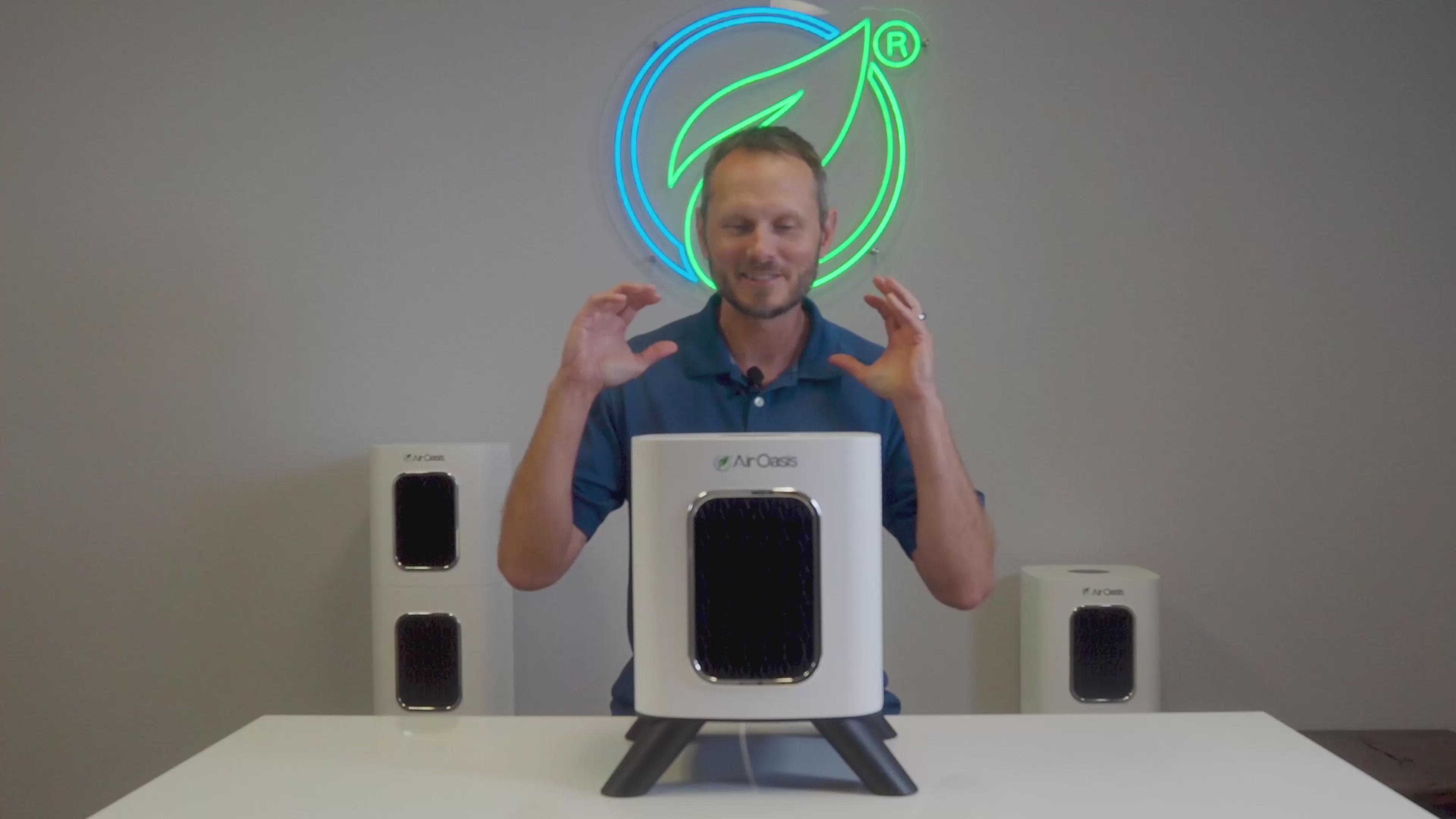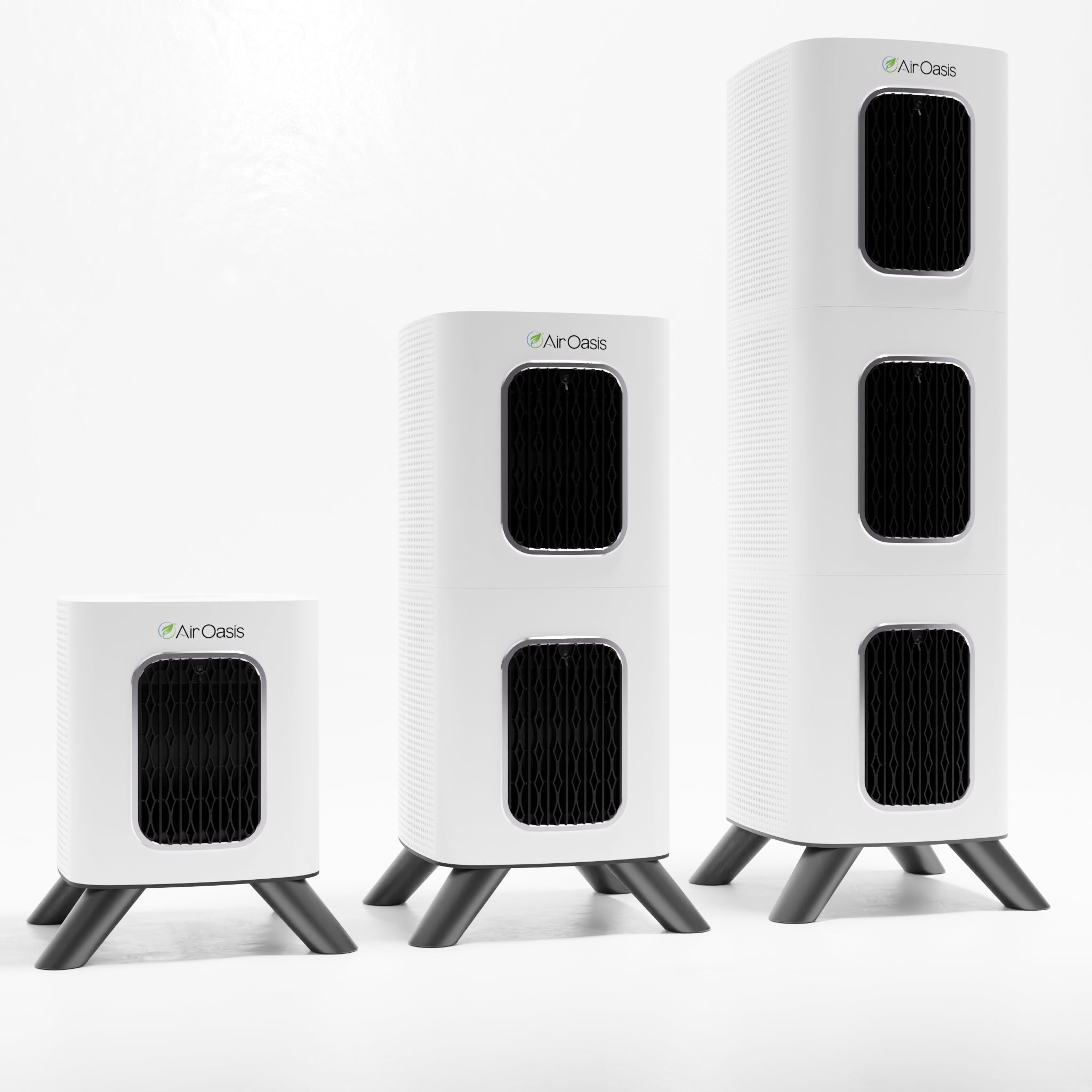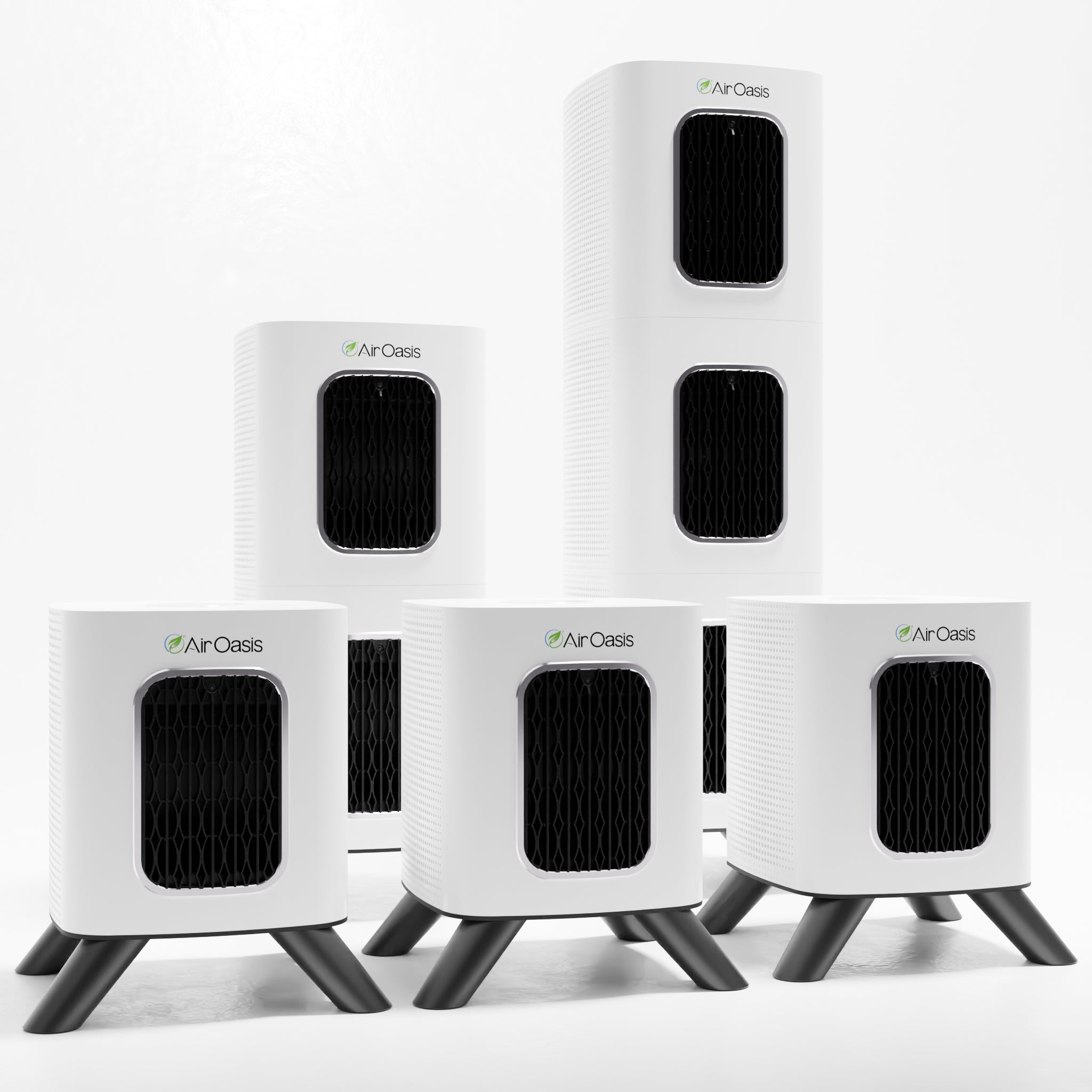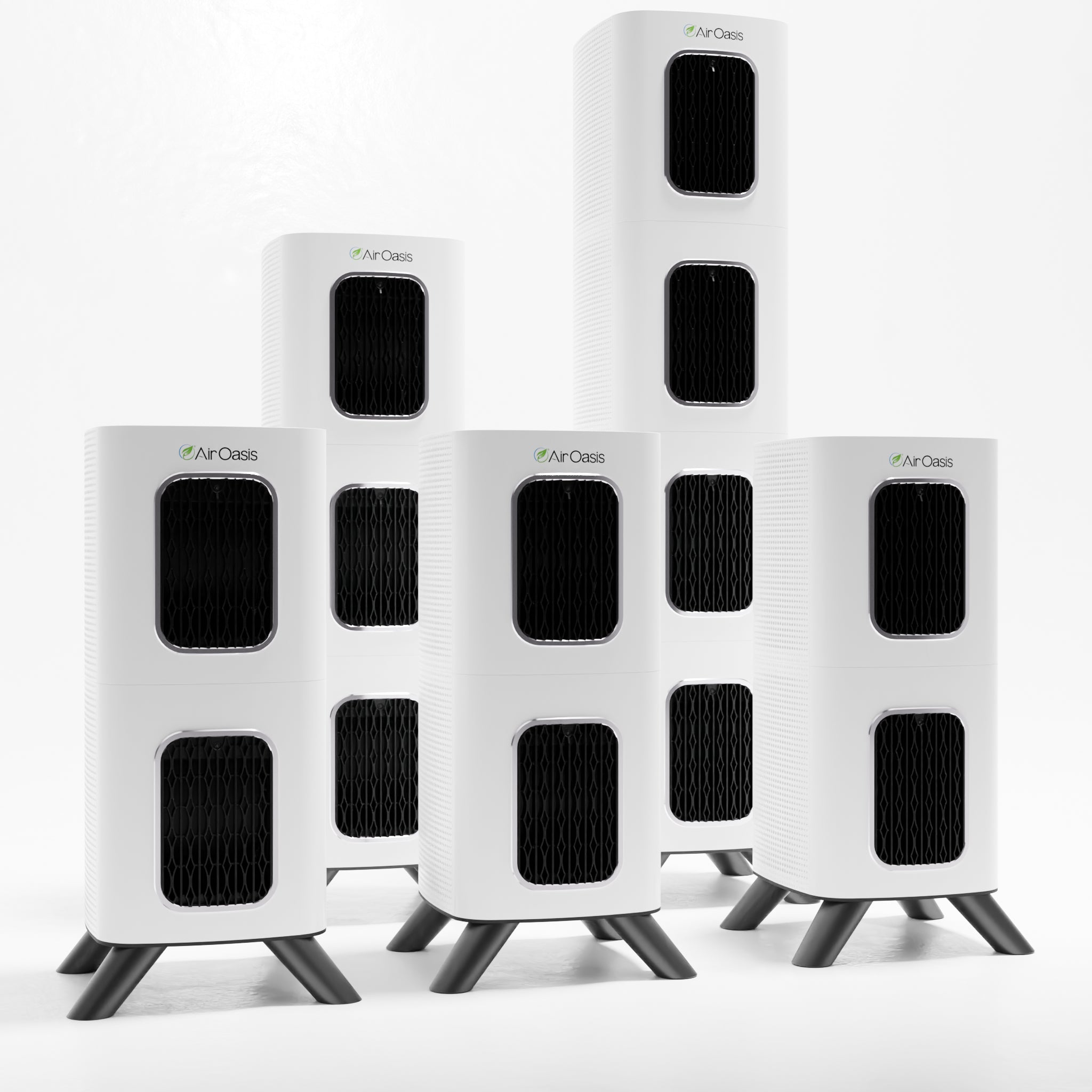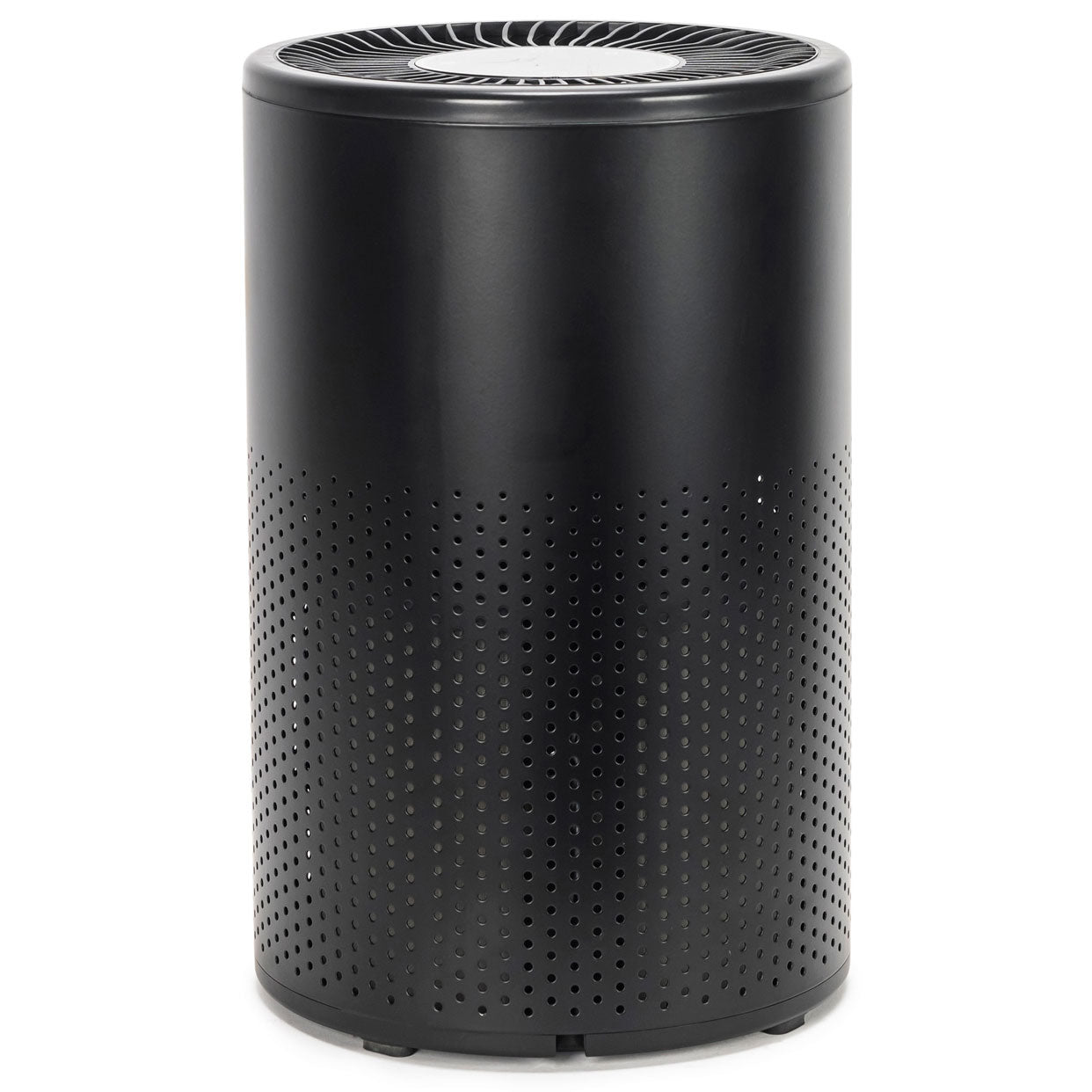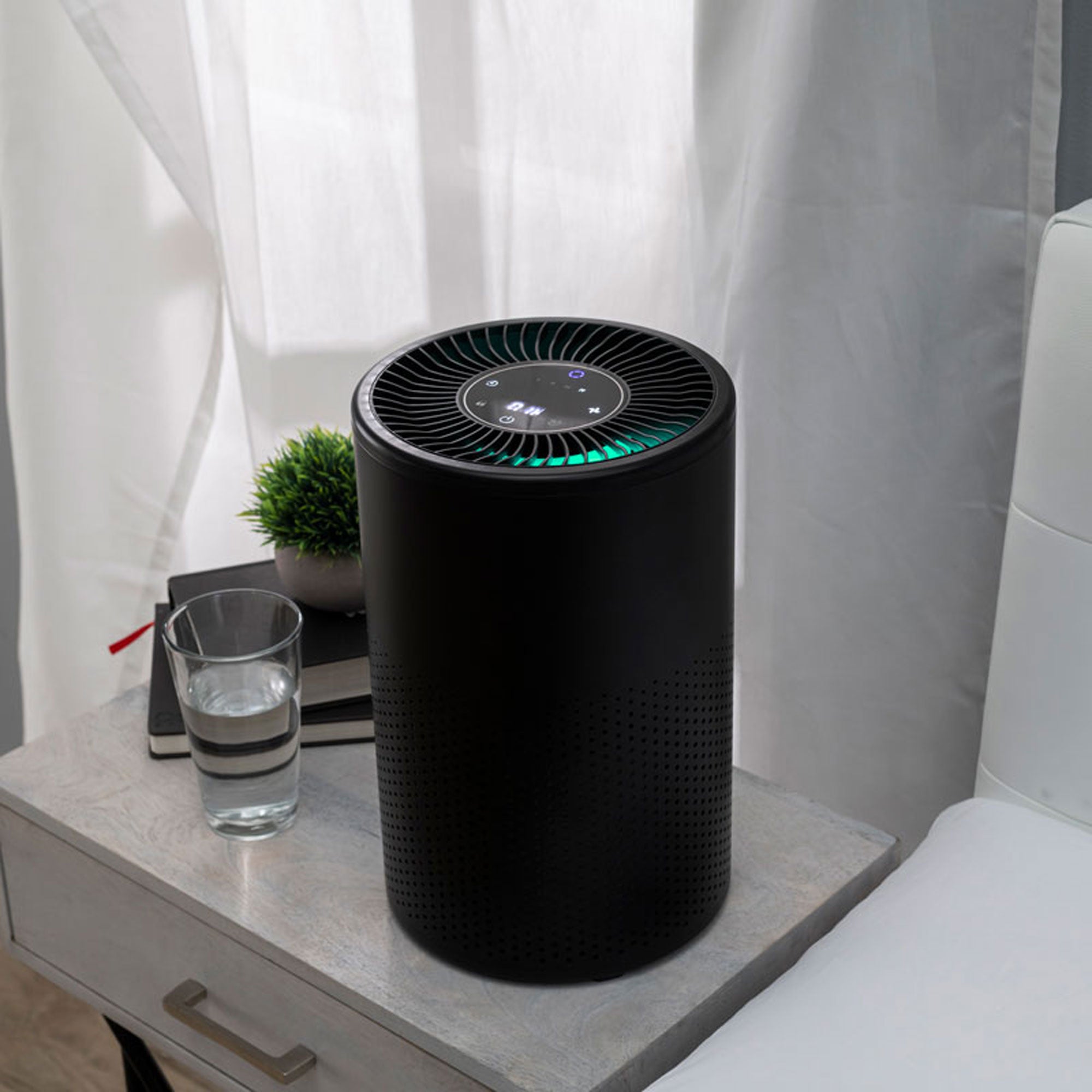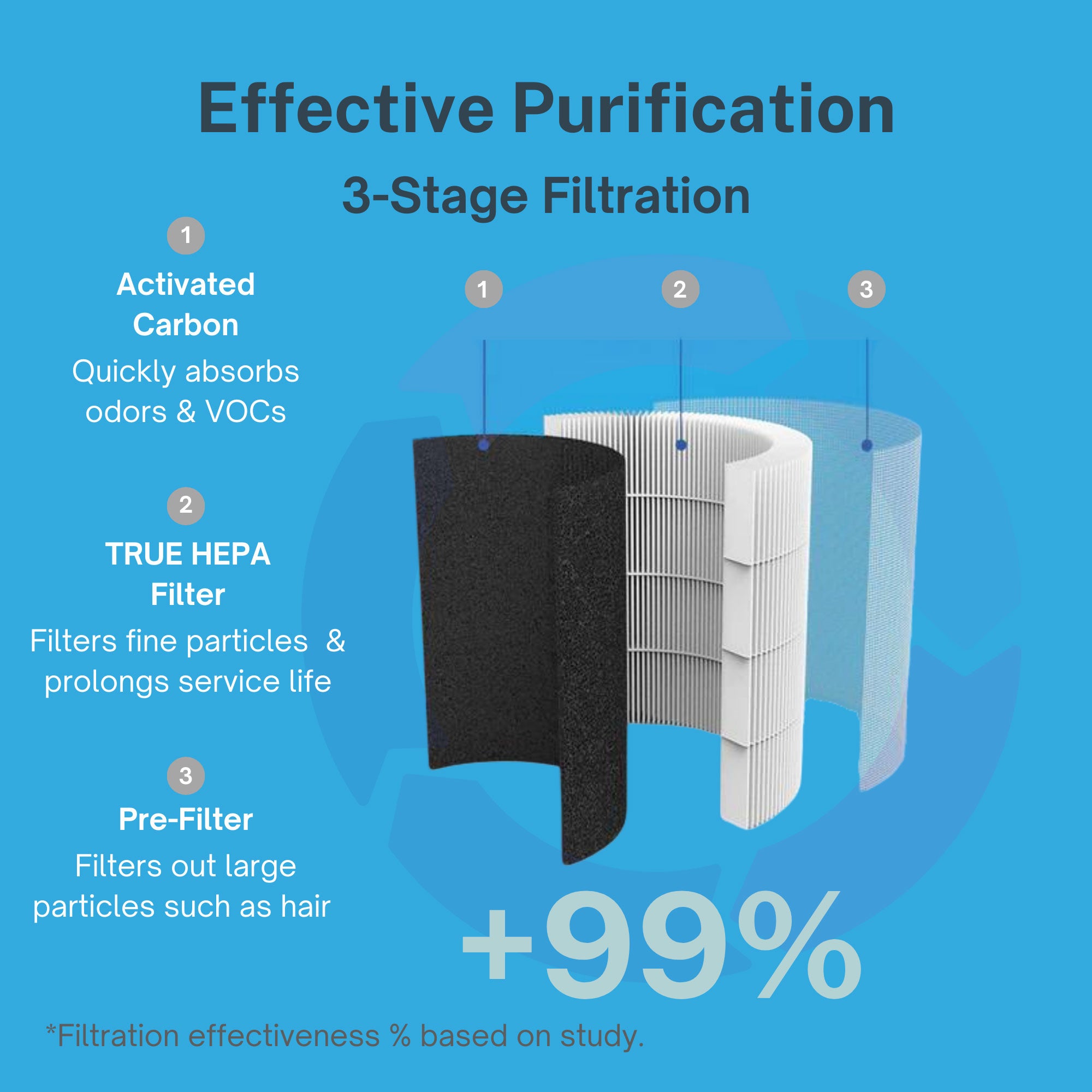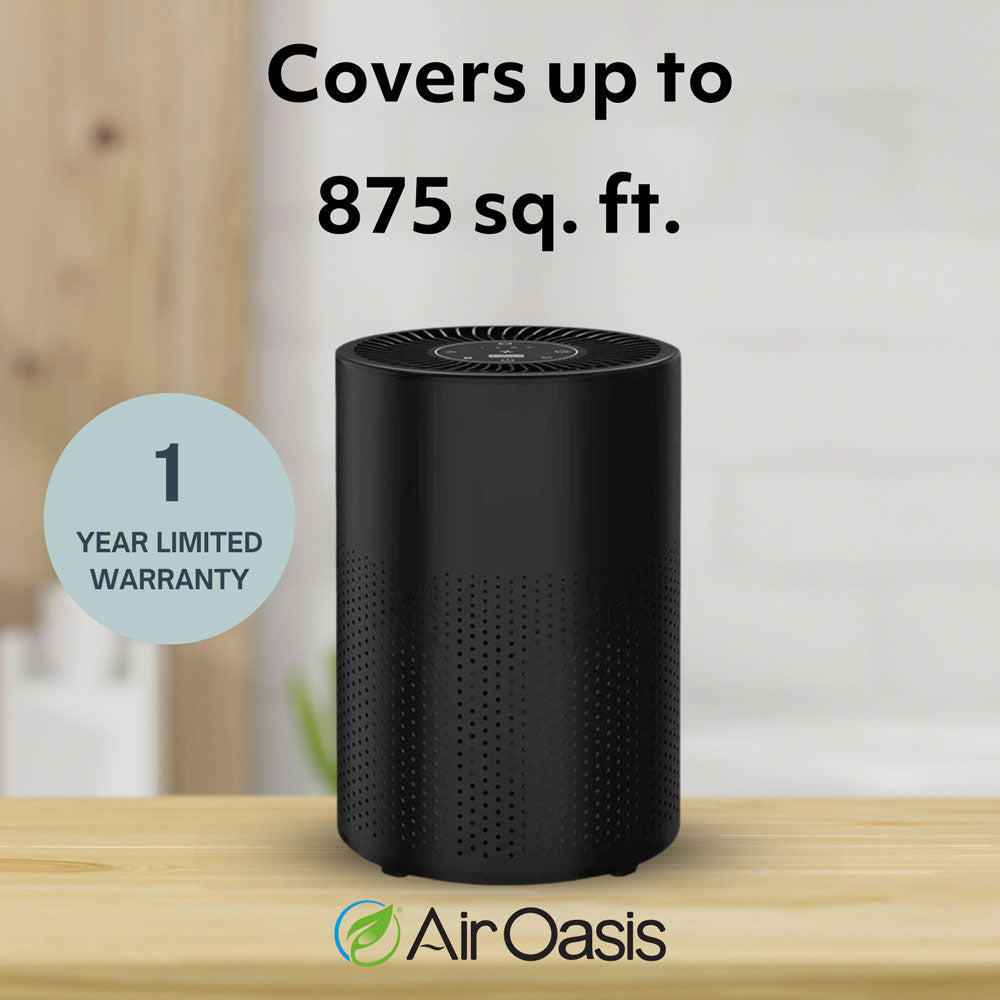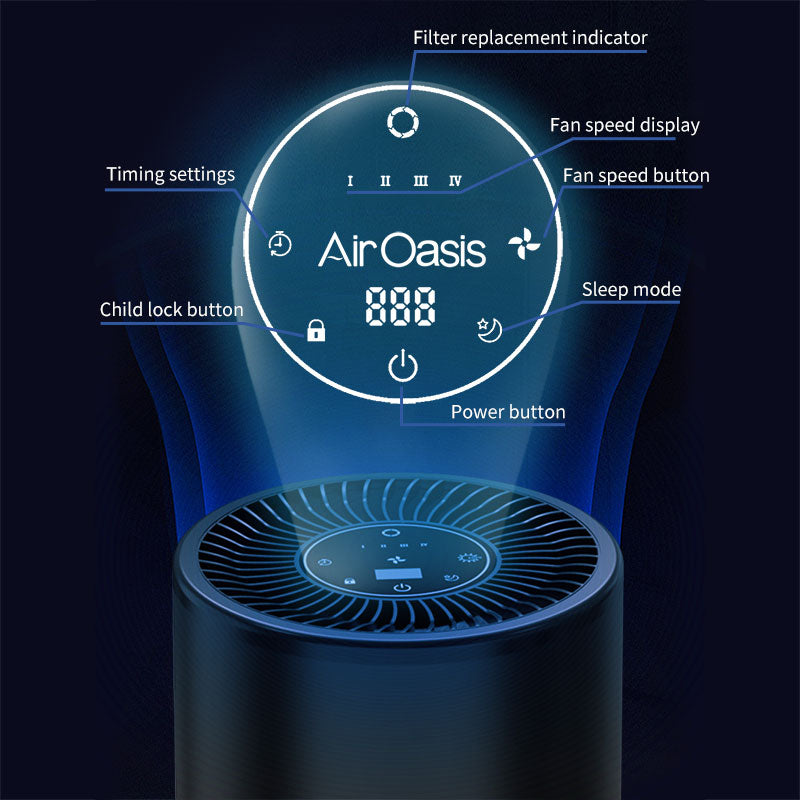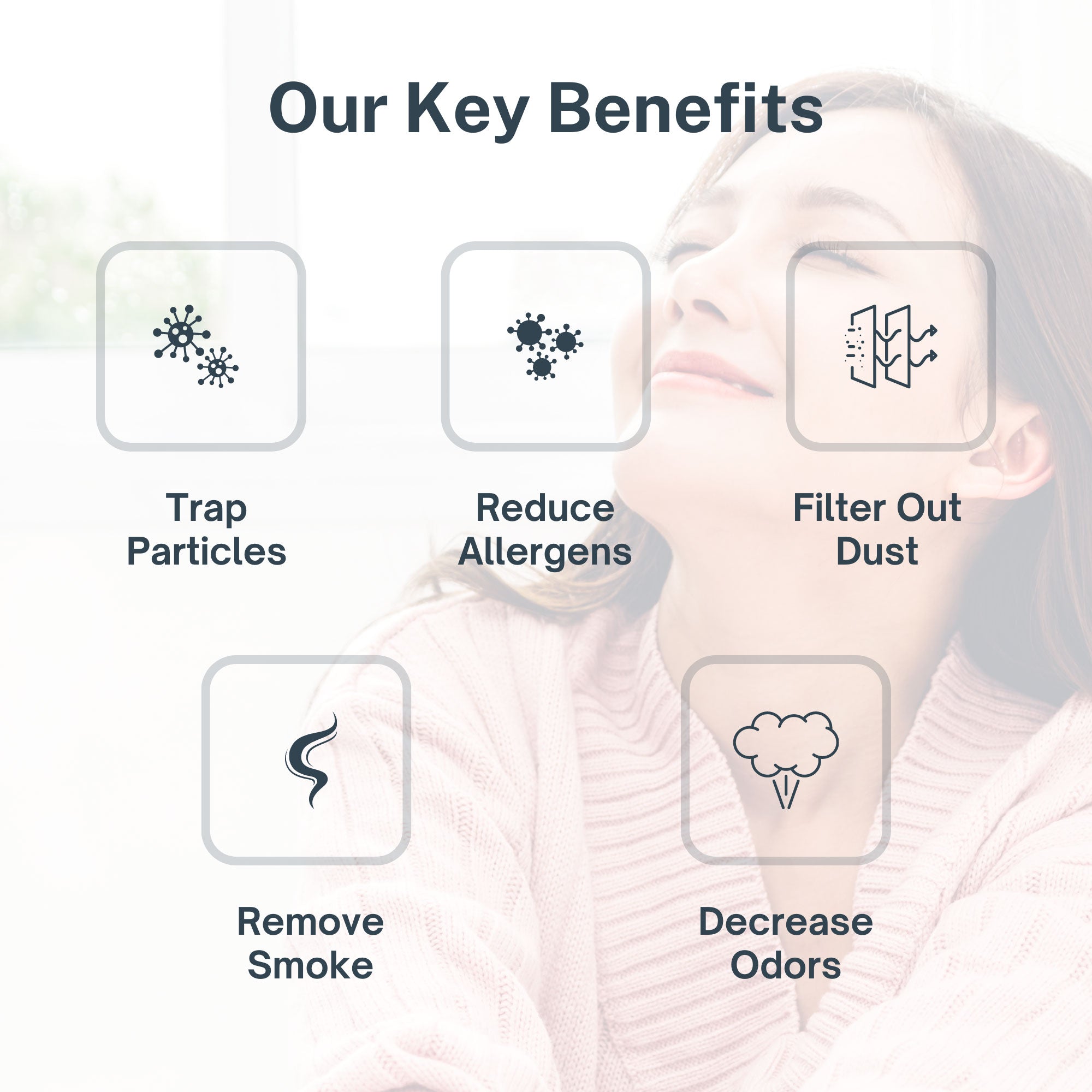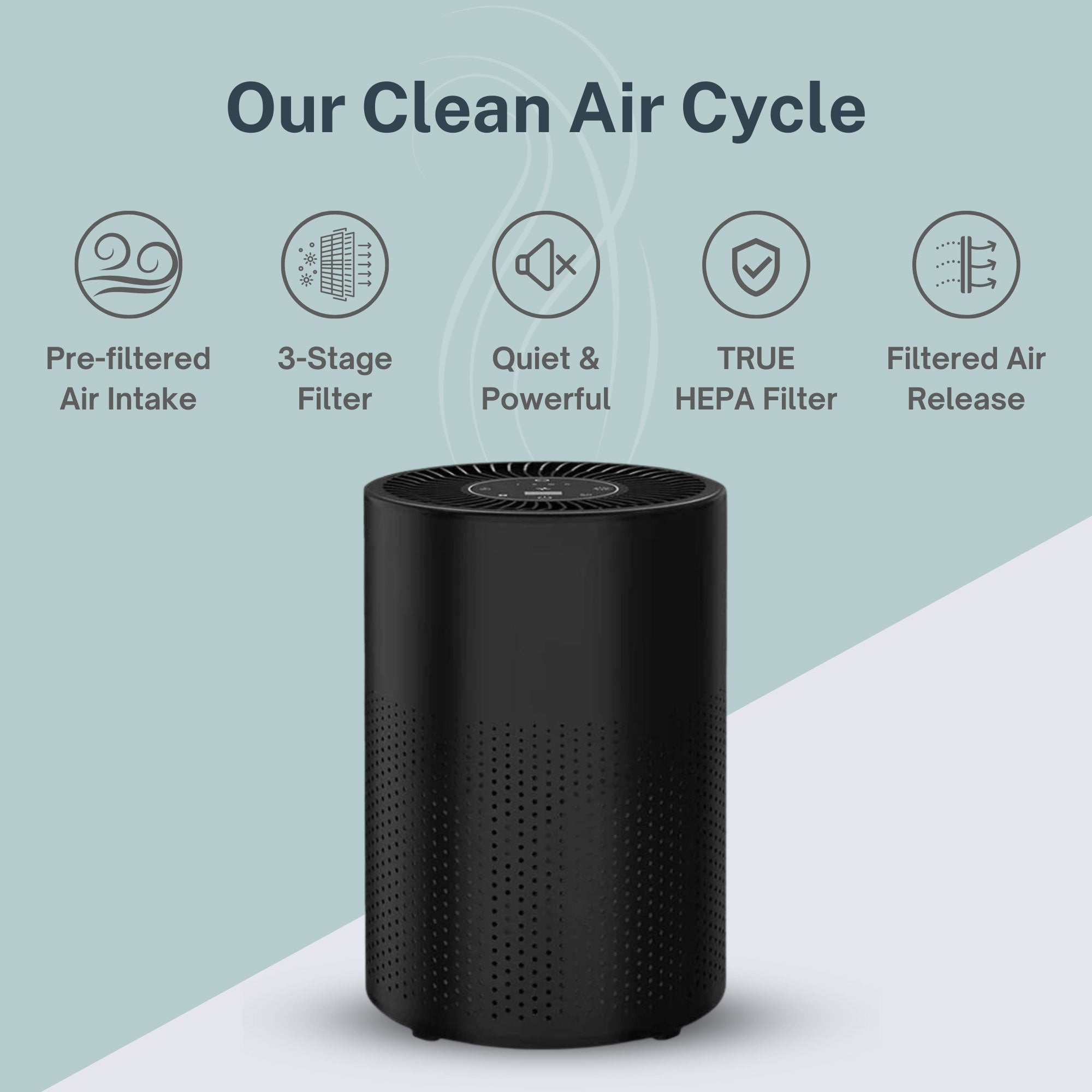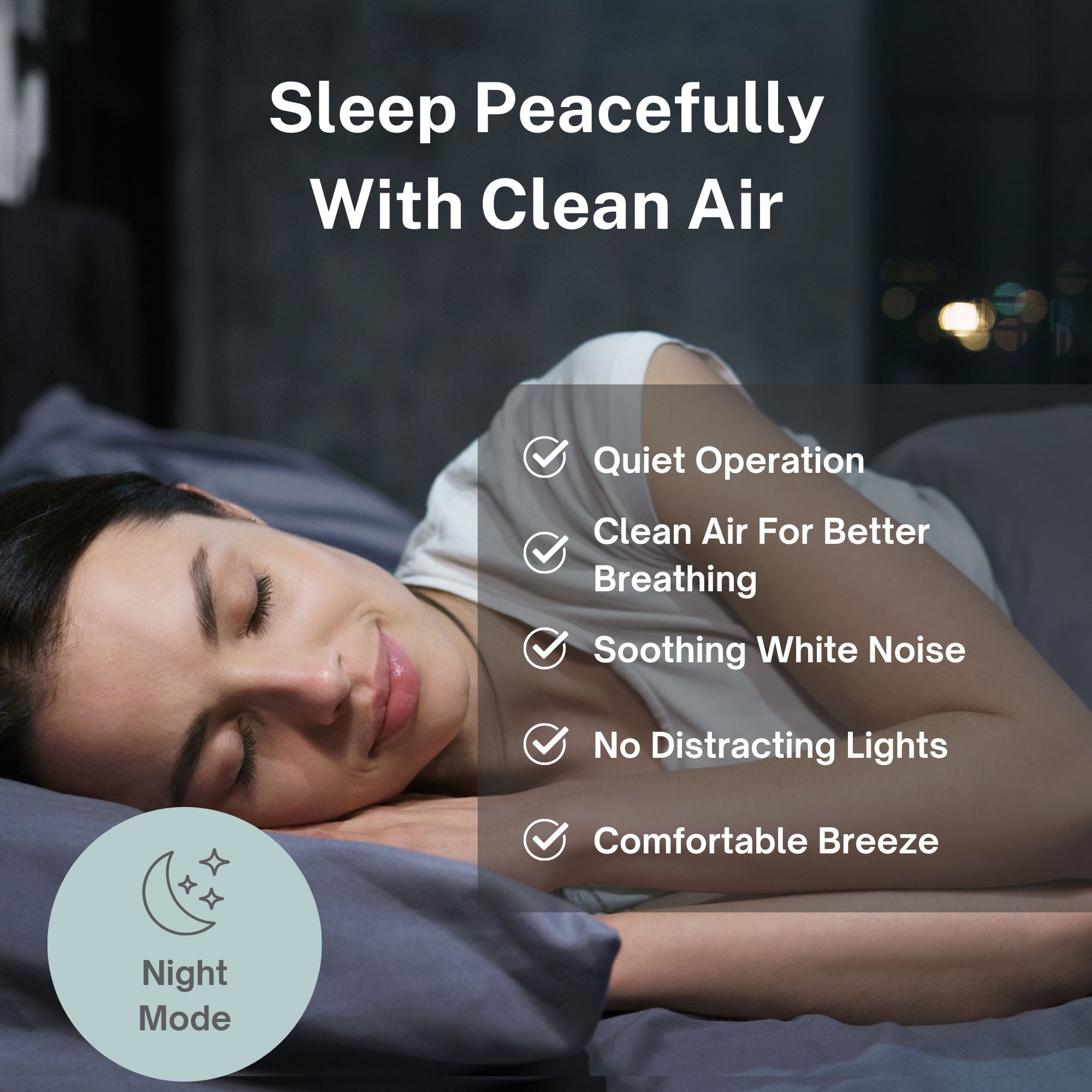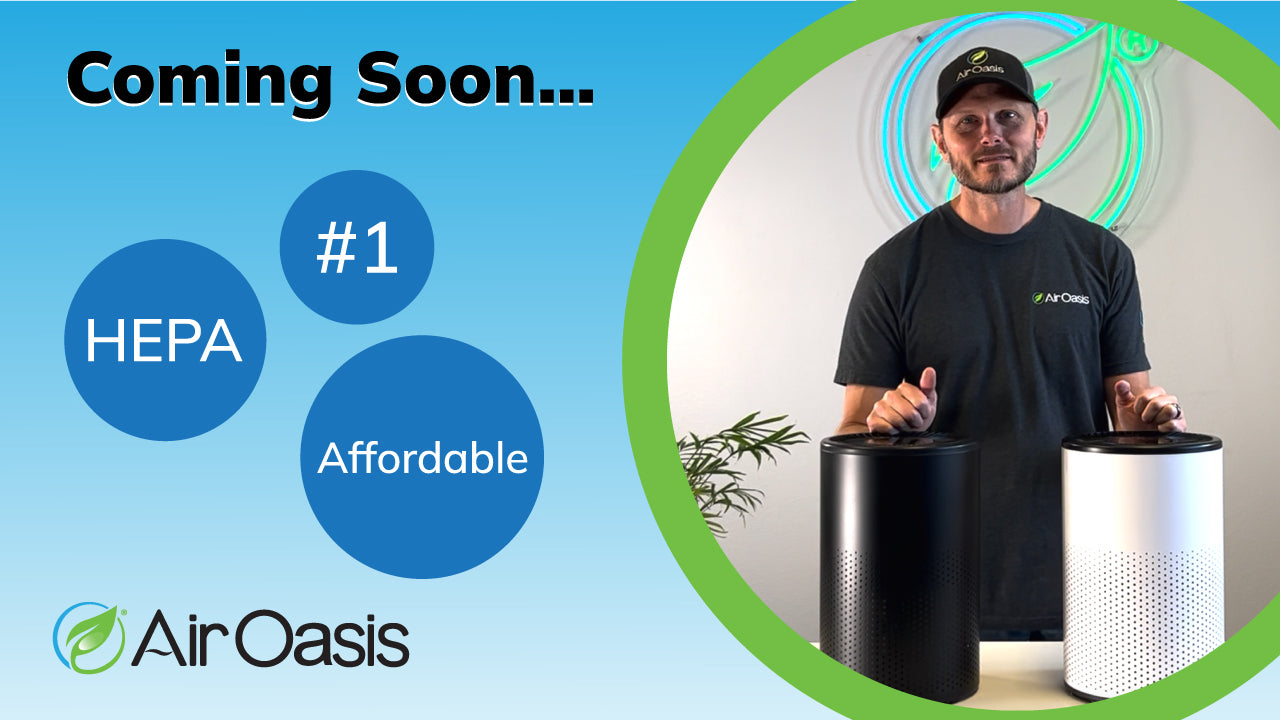Have you ever walked into a room and immediately felt like you couldn't breathe? Stuffy, stale air can be more than just unpleasant; it can be downright harmful to your lung health. But what if there was a way to purify the air around you, giving your lungs the fresh, clean oxygen they crave? That's where air purification comes in, and it's not just a luxury—it's a science-backed solution for better respiratory health.
In this blog, we'll explore how air purification can aid lung health recovery. From understanding the dangers of air pollution to uncovering the mechanics behind air purifiers, we'll unravel the science that makes these devices a game-changer for anyone struggling with respiratory issues.
Air Pollution and Lung Health
Before we can appreciate the power of air purification, we must first understand its adversary: air pollution. This invisible threat lurks in the air we breathe, both outdoors and indoors, and it can have devastating effects on our lung health.
What is Air Pollution?
Air pollution is the presence of harmful substances in the atmosphere. It comes from various sources, including vehicle emissions, industrial activities, and even household products. These pollutants can range from tiny particulate matter to harmful gases like nitrogen oxides and volatile organic compounds (VOCs).
How Air Pollution Affects the Lungs
When these pollutants enter our lungs, they can cause a range of respiratory problems, both short-term and long-term. Exposure to air pollution has been linked to asthma attacks, chronic obstructive pulmonary disease (COPD) exacerbations, and even lung cancer. It's a silent threat that can slowly erode our lung function over time.
The Science of Air Purification
Enter air purifiers—the unsung heroes of indoor air quality. These devices work tirelessly to remove pollutants from the air, creating a safer and healthier environment for our lungs to thrive.
How Air Purifiers Work
Most quality air purifiers use a powerful combination of filters and purification technologies. High-Efficiency Particulate Air (HEPA) filters are designed to capture even the smallest particles, while activated carbon filters excel at removing gases and odors. Some air purifiers even employ ultraviolet (UV) light technology to neutralize airborne microorganisms or simply to keep the interior of the unit clean as it does its job.
But how do these technologies work? HEPA filters use a dense network of fibers to trap particles as small as 0.05 microns, while activated carbon filters rely on a process called adsorption to bind and remove gaseous pollutants. UV light, on the other hand, disrupts the DNA of microorganisms, rendering them harmless.
Numerous scientific studies have demonstrated the effectiveness of air purifiers in improving indoor air quality. One study found that using HEPA air purifiers significantly reduced asthma symptoms and improved lung function in children with asthma.
Air Purification and Lung Health Recovery
For individuals struggling with respiratory conditions like asthma, COPD, or lung cancer, air purification can be a game-changer in their journey toward lung health recovery.
By reducing exposure to harmful pollutants, air purifiers create a safer and more breathable environment. This can alleviate symptoms, reduce the risk of exacerbations, and even support the healing process. Improved indoor air quality has been shown to reduce inflammation in the lungs, making it easier for individuals to breathe and recover.
However, the benefits of air purification extend beyond just respiratory health. Clean, purified air can also improve sleep quality, reduce allergy symptoms, and even boost overall energy levels. It's a holistic approach to wellness that starts with the air we breathe.
Choosing the Right Air Purifier
When it comes to selecting an air purifier, there are a few key factors to consider. Room size, filter type, noise level, and energy efficiency are all important considerations. But with so many options on the market, how do you choose the right one?
That's where Air Oasis comes in. Air Oasis air purifiers employ a multi-faceted approach to ensure superior air quality through advanced technologies:
Medical-Grade H13 HEPA Filter
The medical-grade H13 HEPA filter captures and traps dust, dander, pollen, and smoke with exceptional efficiency. This technology, trusted in hospitals since the 1960s, ensures the highest level of air purification by removing particles as small as 0.05 microns.
Activated Carbon Filter
Activated carbon filters in the iAdaptAir purifiers absorb harmful VOCs, chemicals, and odors, including mycotoxins. Utilizing carbon pellets, these filters trap a broader range of pollutants and have a longer lifespan compared to cheaper alternatives, ensuring a fresher and cleaner environment.
Silver Ion Filter
The high-efficiency silver ion filter features a specialized coating that releases silver ions to penetrate and disrupt the DNA of mold, bacteria, and viruses, reducing pathogens by up to 99%. This continuous sterilization process ensures long-lasting efficacy.
Germicidal UV-C Light
Using technology first employed in hospital operating rooms in 1936, the germicidal UV light in Air Oasis purifiers emits photons at 265nm to destroy pathogen DNA, achieving a 99.9% sterilization rate without producing ozone. Note that UV light alone only works when there is an extended dwell time of the light on contaminated surfaces, so use for internal cleanliness of purifiers is the best application.
Bi-Polar Ionization
This innovative technology releases positive and negative ions that cluster and neutralize contaminants, making them easier to filter or causing them to settle due to increased weight. It effectively disrupts microorganism DNA without generating static electricity or ozone, ensuring safe and thorough air purification.
These combined technologies make Air Oasis air purifiers a powerful solution for maintaining a clean and healthy indoor environment.
Clear the Air with Air Oasis
The science behind air purification is clear: by removing harmful pollutants from the air we breathe, we can create a safer and more supportive environment for lung health recovery. Whether you're battling asthma or COPD or simply seeking to improve your overall respiratory well-being, an Air Oasis air purifier can be a powerful ally in your journey.
So why wait? Explore the iAdaptAir line of air purifiers today and take the first step towards breathing easier, feeling better, and embracing a healthier, more vibrant life. Your lungs will thank you.




